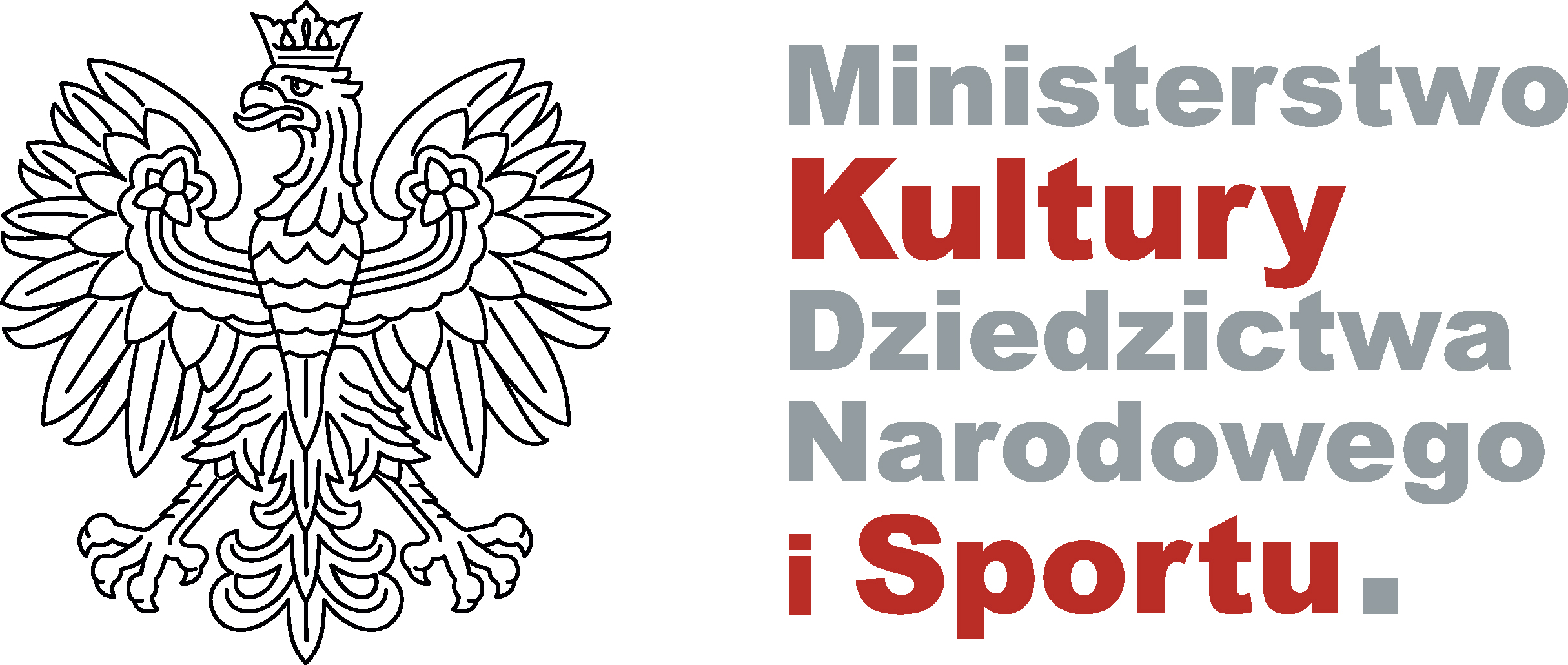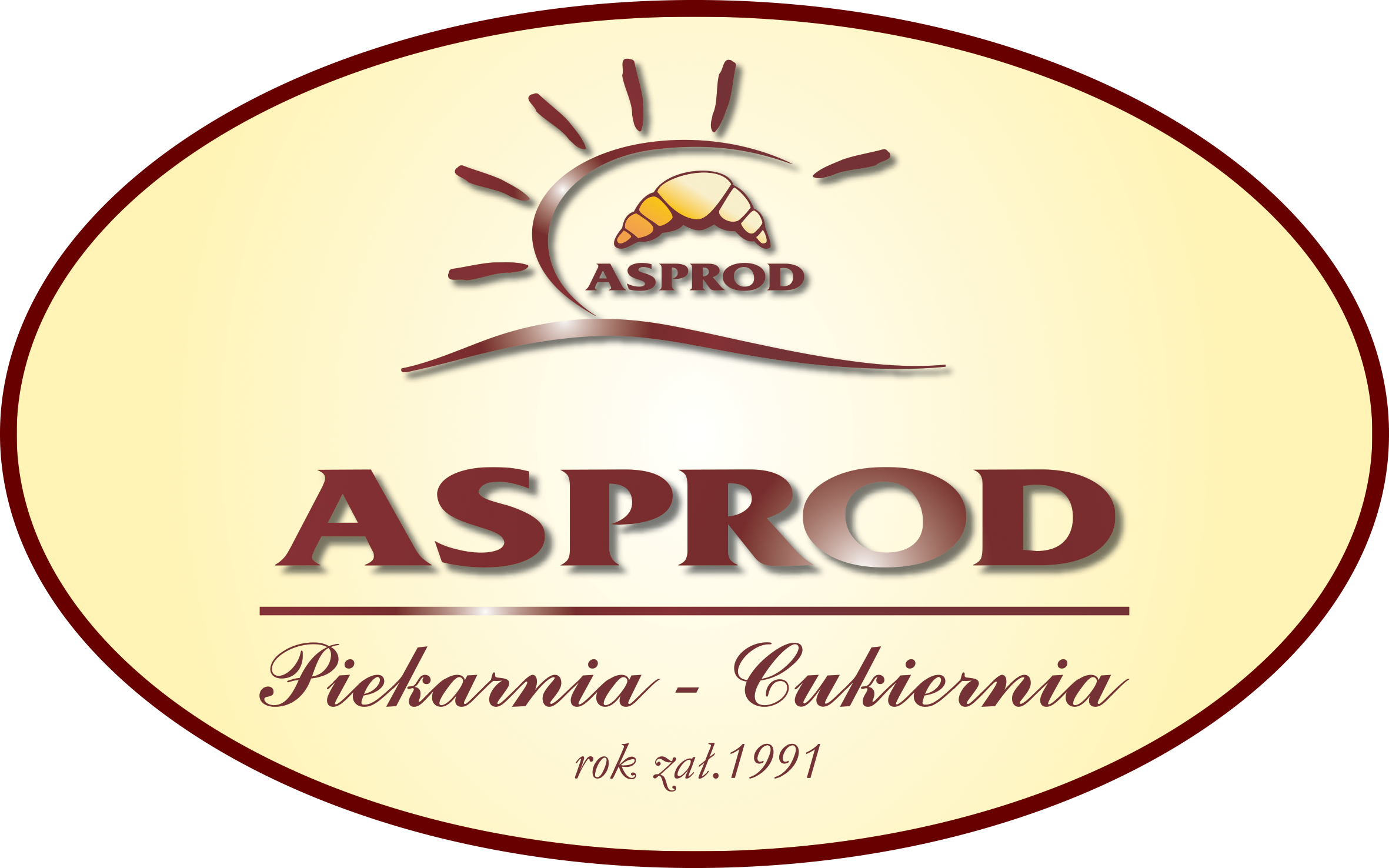“… And in the play, in my opinion, there must certainly be love” – either the statement or the question, the words the crafty author puts into the mouth of one of his most famous heroines. He is a hard worker, a doctor, a connoisseur of men and a humanist not in the figurative, but in the most literally adjective sense of the word. And in his dramaturgy, he is a mercilessly honest doctor, makes all his characters talk about love, seek it or value it, but none of them are happy in the common sense of the word. Love is elusive. Someone is trying to replace, or lure it, with the fame, someone – with wealth or the rhythm of life. Or by taking over someone else’s, deceiving no one but himself. Placing his characters in a confined space, Chekhov locks them not so much physically as from the inside. And then dissects their souls. And it doesn’t really matter what their names are – Astrov or Gaev, Zarechnaya, or Ranevskaya… “There are only cranks around” – and nothing has changed over the past hundred years. The plot for a short story. Or a performance in one act.












